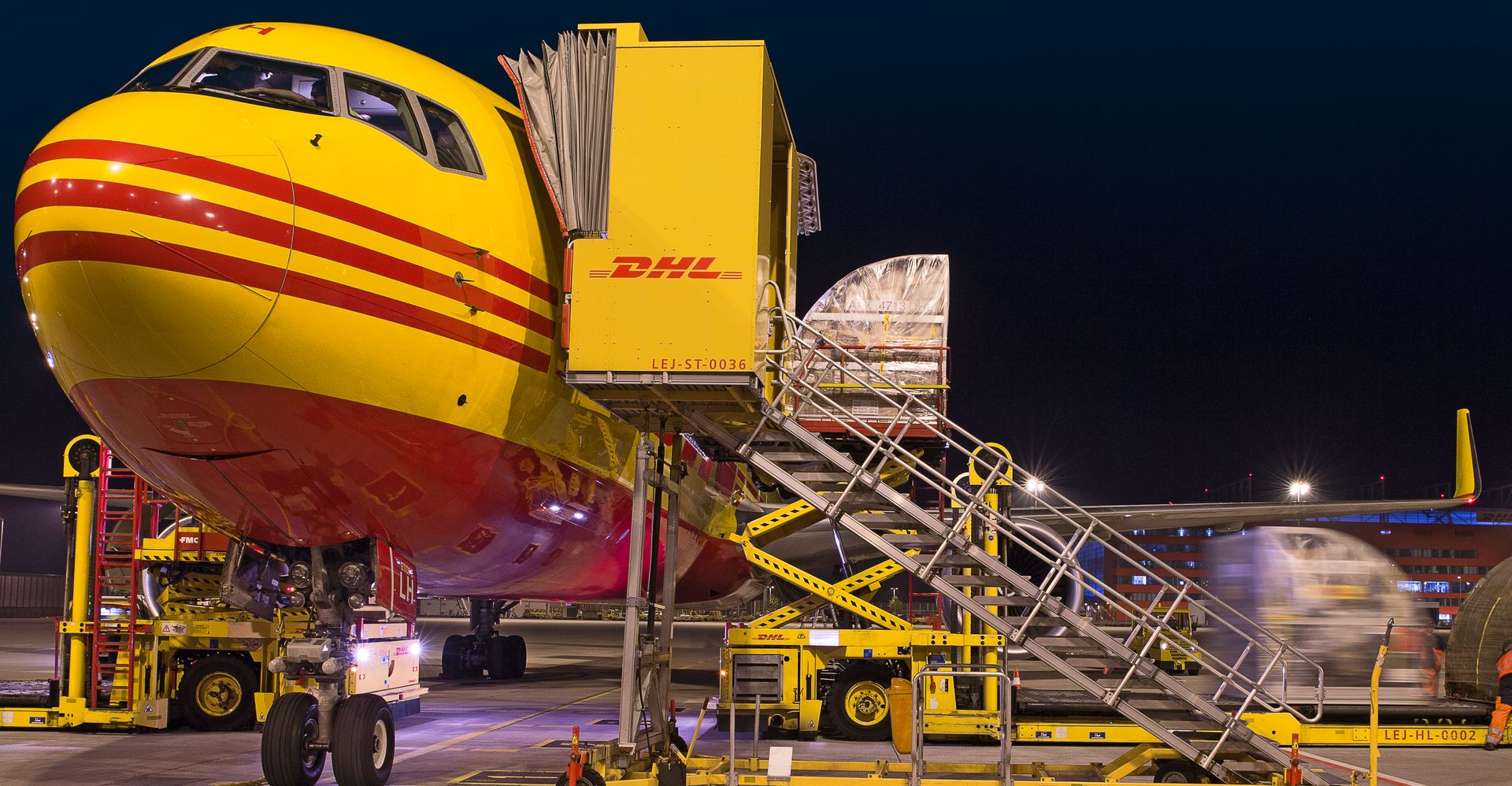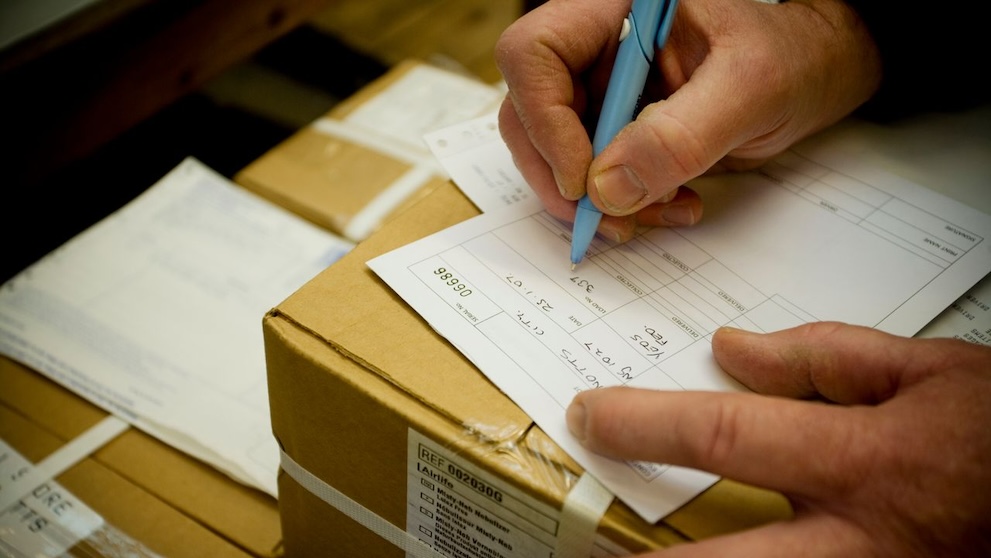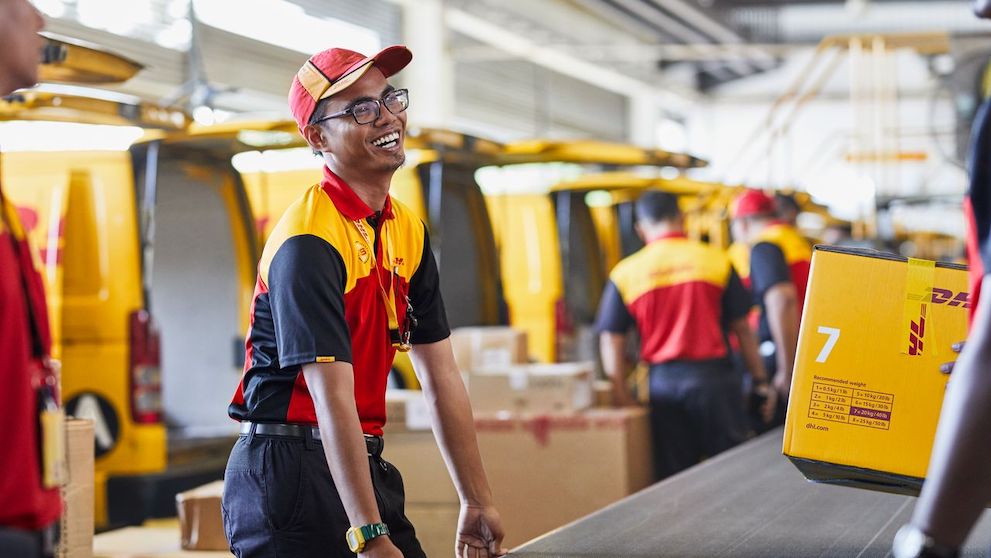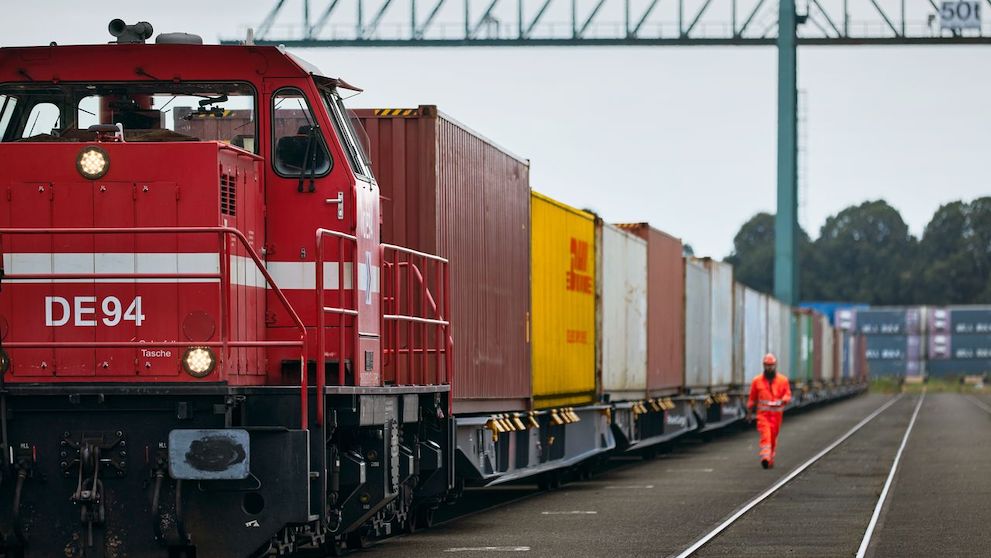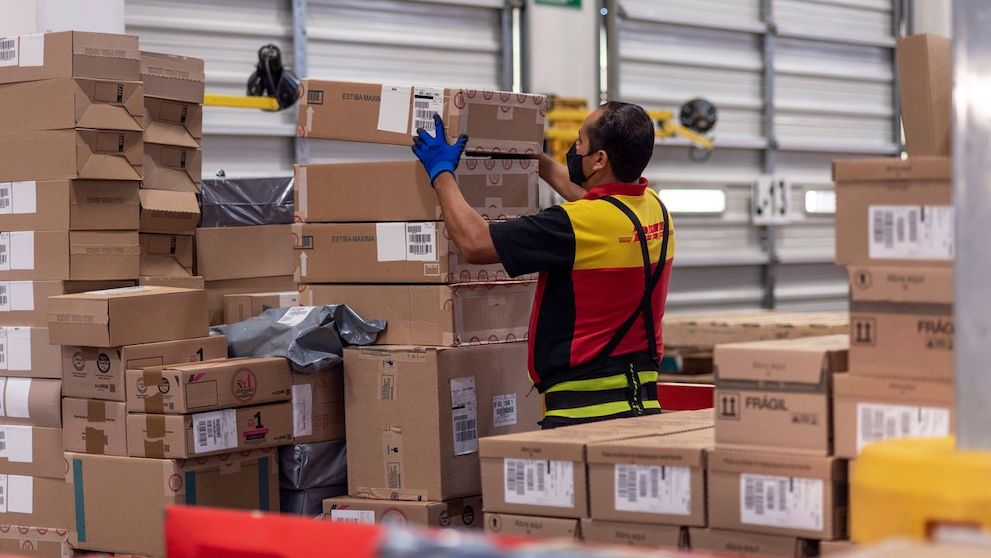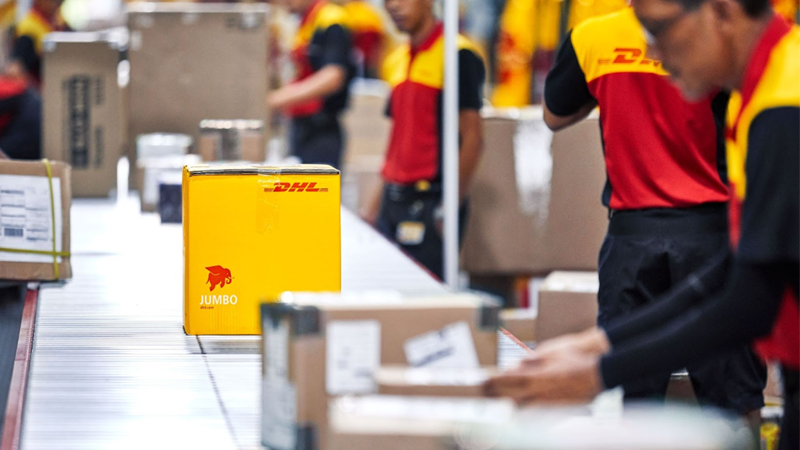As the 36th-largest importer in the world, Denmark’s imports in 2021 were valued at US$121.8 billion, with the majority of the Scandinavian country’s imports coming from Sweden, Netherlands, and China, according to a report by the World’s Top Exports. In terms of international trade, Denmark maintains a free trade policy; this is evident in the diversity of products they bring in. Popular products imported by Denmark include:
Machinery, including computers (US$14.7 billion)
Electrical machinery and equipment (US$11.6 billion)
Mineral fuels (US$10.1 billion)
Vehicles (US$9.8 billion)
Pharmaceuticals (US$6.5 billion)
If you need to export or to ship a package from Singapore to Denmark, this detailed guide will provide all the information you need, read on to find out more.
Costs of shipping to Denmark
The exact costs of shipping goods to Denmark are dependent on a variety of factors. When preparing to send a package over, consider the following:
1. Mode of shipping
Making the decision to ship to Denmark via air or ocean freight can be challenging since each method has its pros and cons. Ocean freight is usually the cheaper of the two, while air freight prides itself on speed and efficiency.
2. Size, weight and dimensions of shipment
The total cost of delivery is affected by the size and weight of your package. While air freight works best for smaller, high-value items that can cover the cost of shipping, you can consolidate your shipments with DHL Express Breakbulk for greater convenience and cost-effectiveness.
3. Taxes and duties payable
In Denmark, there is a Value-Added-Tax (VAT) of 25% on all imported goods and services. For example, if the declared value of the package you are sending is DKK1,000, an additional DKK250 needs to be paid to the local authorities.
Depending on what your shipment contains, different taxes are applicable to certain product categories. For example, external duty tariffs ranging from 5% to 14% apply to industrial goods imported from Non-EU countries. Agricultural products such as sugar, oil, rice, grains, dairy products, as well as beef and veal, are also subject to variable charges.
Denmark’s prohibited and restricted items
Denmark prohibits the import of counterfeit goods, hazardous materials and substances, as well as ivory. Specific product categories like medicines, organic products, endangered species, timber and fishery products, as well as waste and chemicals, have different import legislations that may require extra documents or certificates. This is necessary to protect the public’s health, safety and well-being.
Required documents and licences when exporting to Denmark
In order to receive the import clearance for the packages you have sent at the customs in Denmark, you will need to have the proper documentation and licences in place.
Engaging the help of a qualified and experienced international logistics company can ensure your packages comply with international customs regulations and reach Denmark safely. The first stage in the customs clearance process is to fill out the necessary paperwork for shipment preparation. These include:
Commercial invoices
Certificates of Origin
Packing lists
Copies of the invoice
Airway Bill (air freight)
It’s good practice to accurately label and describe the shipment’s contents on the packaging. Failure to do so can result in shipment delays as they could be detained at the customs and this will also incur extra costs.
Ship to Denmark safely with DHL Express
Deliveries to Denmark are made simple with the reliable and experienced team at DHL Express. With the complete know-how of customs clearance and goods declaration, our committed team of experts are always ready to assist you with any shipping issues. We also provide a range of time-sensitive delivery options such as On-Demand delivery.
Open a DHL Express account today and start shipping to Denmark.









